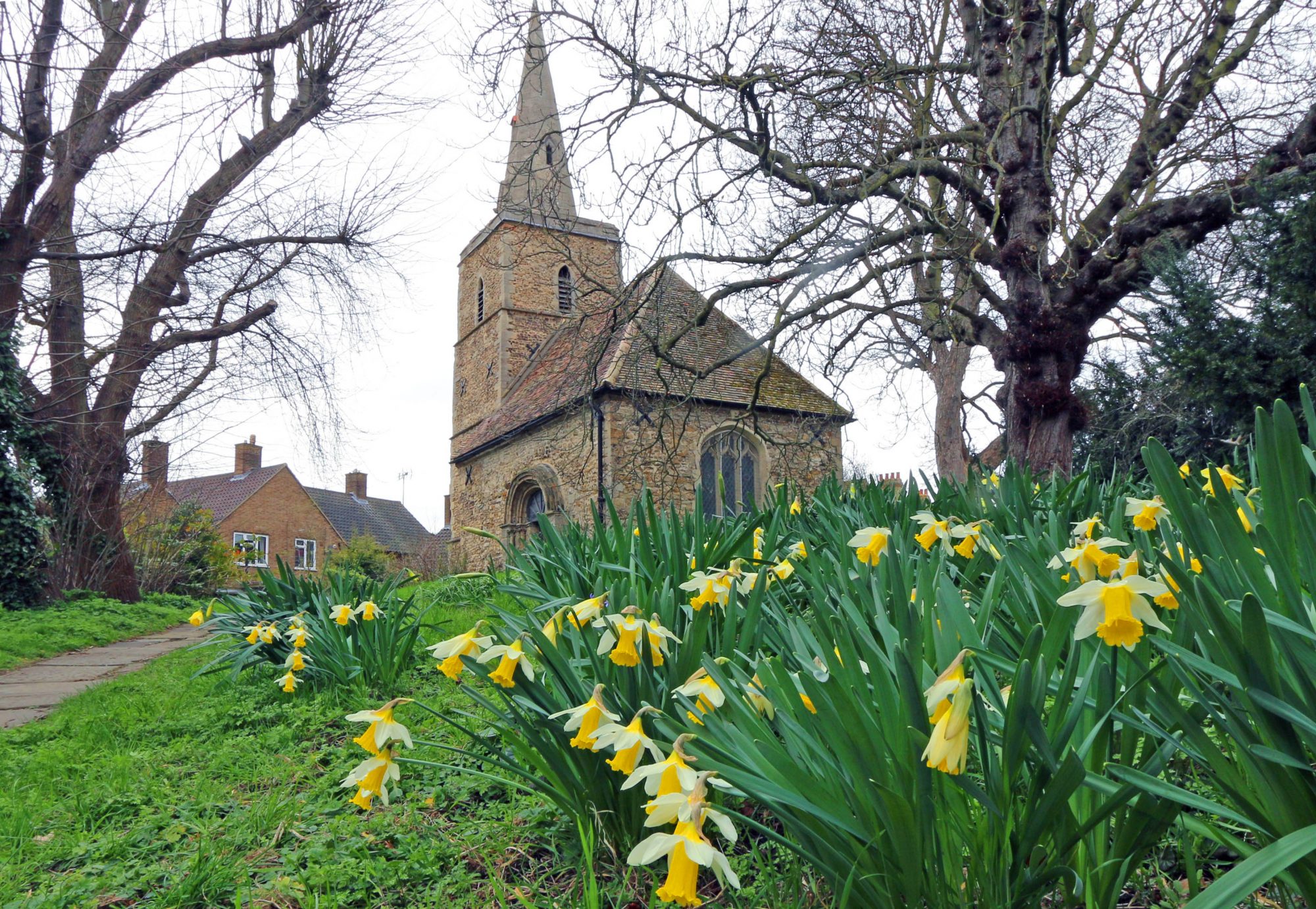Haggai and Herod 28th September
Today’s tiny fragments of scripture, the opening of Haggai’s prophecy and a sentence about Herod, give a hint of great political events. After Cyrus, king of Persia, conquered Babylon he allowed the peoples who had been taken into captivity to return to their former homes. Naturally they wanted to restore the walls of Jerusalem and the Temple. What we heard from the opening of Haggai suggests that this prophet launched the project for the rebuilding of the Temple some 18 years later, after the returned exiles had begun to build up their own prosperity. Today we see many peoples facing displacement and wonder if they have a future. Yet look a generation on. The Ugandan Asians, expelled from Uganda by Idi Amin a generation ago have made an enormous contribution to the wealth of Britain which welcomed these penniless refugees.
Haggai calls the returned exiles from Babylon not only to rebuild their own prosperity but to rebuild their religious identity, and assert their own faith. However, what Haggai asks for is as it were, re-establishing the cultus, the sacrifices in the Temple, rather than, as the prophets did during the exile, re-imagining the heart of their faith. They, rather than turning to foreign gods, maintained that their god whom they worshipped was the only god. Their ordeal brought them to develop true monotheism. There is little of this vision in Haggai. However, to his credit, we have today’s psalm, and a number of others, which are the work of Haggai, rejoicing
O sing to the Lord a new song; sing his praise in the congregation of the faithful. Let Israel rejoice in their maker; let the children of Zion be joyful in their king.
It is a rejoicing with a moral conscience – ‘the Lord has pleasure in his people and adorns the poor with salvation.’
Haggai, then re-establishes the cult, he gives the faith its shell, rather than enriching the kernel of the nut. Yes, the shell is needed, but the seed is actually the heart of the faith.
I make this point because in Herod, in today’s gospel, we see a fabulously wealthy individual who has, to curry favour among the Jews, rebuilt the shell of the Temple in Jerusalem on a world class scale. It rivals any of the wonders of the ancient world. But in so doing it has lost its mission, and when Jesus appears his simple existence shakes Herod to the core. Herod said, ‘John I beheaded; but who is this about whom I hear such things?’ Who indeed? Here is one greater than Herod’s Temple, who represents the heart, which is missing from the Temple. The money changers have to be driven out.
To complete my story, allow me to remind you of last Sunday’s gospel in the Book of Jonah. That’s what I called it. The silly story of Jonah’s whale and the plant which grows in a night and withers is actually a story about the mission of the Jewish people. Jonah is told to go and convert the people of Nineveh who are gentiles, and he first runs away from it. But that is the real job. Not to build up the Jewish cult with a great temple in Jerusalem, but to bring their monotheistic faith to fullness. For if there is one god, and all people are made in god’s image, then god’s salvation is for everyone. So, whist building temples and churches provides and external visible sign of the presence of faith, the heart of it is in the message it gives.
Herod forgot what the faith demanded. Being political again, what did it do for ordinary people? We are in the political season.
What have years of austerity done for ordinary people? We have the Shard and temples to mammon, but people in council tower blocks suffer. The burnt out shell is a reproach. Millions of people have high rents and no security of tenure. The very shell of society looks rotten.
Being utterly simplistic, the shell may be the building of St. Giles. But what does it say? Perhaps that banner outside, proclaiming the God loves and welcomes everyone says more of what we believe than the stones proclaim. How many people, lots of visitors to Cambridge, have come in to worship, not because of the building, but because of the invitation to everyone, no matter who, pinned to the church wall.
